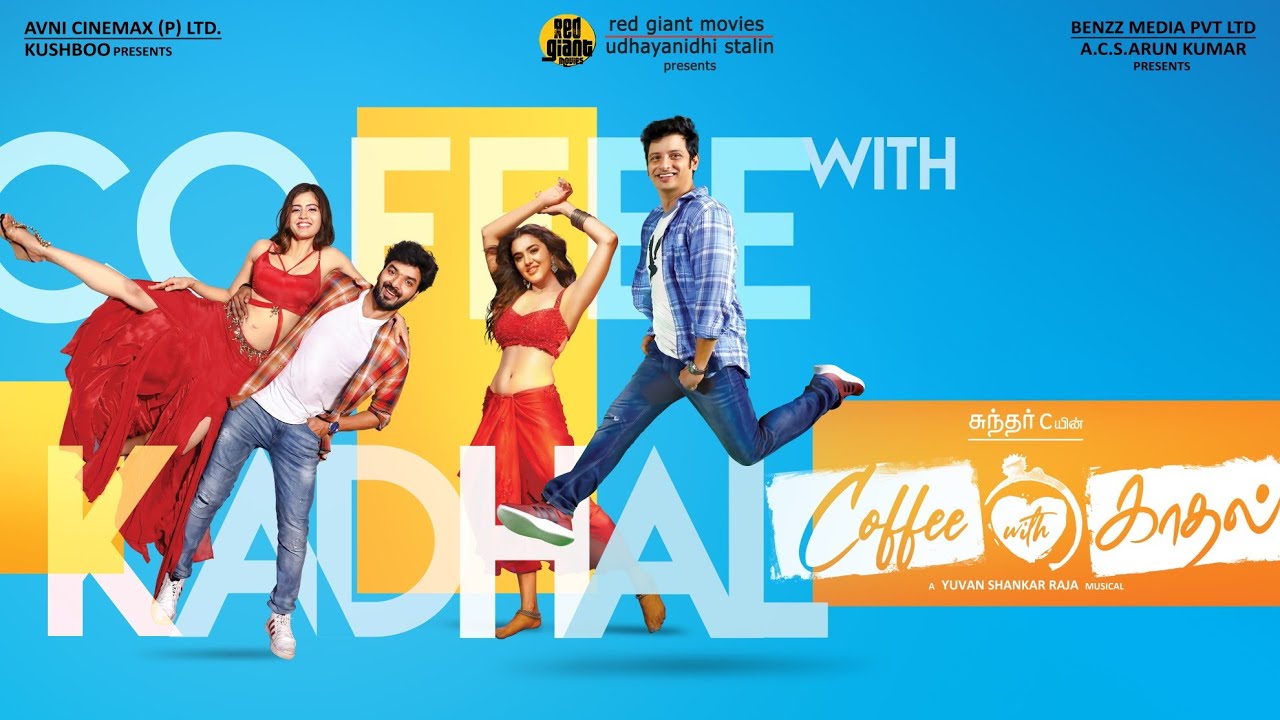Themes and Messages

Kadhal, at its heart, isn’t just a romantic comedy; it’s a vibrant tapestry woven with threads of societal expectations, the complexities of modern relationships, and the enduring power of self-discovery. The film cleverly balances lighthearted humor with poignant moments, offering a nuanced exploration of love in its various forms, challenging conventional notions along the way.
The film’s primary message revolves around the importance of authenticity in relationships and the dangers of conforming to societal pressures. It cleverly subverts typical romantic tropes, showcasing a refreshing perspective on love that prioritizes individual growth and mutual respect over grand gestures and unrealistic expectations. The narrative doesn’t shy away from portraying the messy realities of relationships, including conflict and compromise, making it relatable to a wide audience.
Societal Expectations and Individuality
Kadhal tackles the pressure individuals face to conform to societal norms surrounding relationships and marriage. The film subtly critiques the emphasis on finding a “perfect” partner, highlighting the unrealistic standards often imposed by family, friends, and even media. Several scenes depict the characters navigating these pressures, particularly the female lead who struggles to balance her desire for independence with her family’s expectations. For instance, a scene where she’s pressured to attend numerous arranged marriage meetings vividly illustrates this conflict. The film ultimately champions the importance of choosing a path aligned with one’s own values and aspirations, regardless of external pressure.
Love and Relationships: A Modern Interpretation
Kadhal offers a modern interpretation of love, moving beyond the idealized portrayals often seen in traditional romantic narratives. The film presents a realistic portrayal of relationships, emphasizing the importance of communication, understanding, and mutual respect. The central relationship in the film evolves organically, showcasing the ups and downs inherent in any partnership. The characters’ journey highlights the necessity of compromise and understanding to navigate the complexities of love. For example, a pivotal scene where the couple confronts a significant misunderstanding demonstrates the importance of open communication in resolving conflicts. This contrasts sharply with the more superficial romantic portrayals often found in other films.
Key Themes in Kadhal
The following points summarize the key thematic elements explored in Kadhal:
- Authenticity over Societal Expectations: The film consistently emphasizes the importance of being true to oneself, regardless of external pressures to conform to societal norms regarding relationships and marriage. This is demonstrated throughout the protagonist’s journey.
- Realistic Portrayal of Relationships: Kadhal avoids the idealized portrayal of love often seen in other films. Instead, it presents a realistic and nuanced depiction of relationships, including conflicts, compromises, and the challenges of maintaining a healthy partnership. This is evident in several scenes depicting arguments and reconciliations.
- The Power of Self-Discovery: The film highlights the importance of self-discovery as a crucial element in forming healthy and fulfilling relationships. The characters’ individual journeys of self-reflection contribute significantly to the growth of their relationship.
- Importance of Communication: The film underscores the significance of open and honest communication in navigating the complexities of romantic relationships. Several key scenes demonstrate how effective communication resolves conflicts and strengthens the bond between the characters.
Overall Impression: Kadhal Movie Review

Kadhal, in its whirlwind of emotions and vibrant visuals, left me feeling like I’d just ridden a rollercoaster designed by a Bollywood choreographer – exhilarating, slightly nauseating at times, but ultimately unforgettable. The film successfully blends classic romantic tropes with a modern sensibility, creating a viewing experience that’s both familiar and fresh.
The film’s greatest strength lies in its charismatic lead performances. Their chemistry crackles with an undeniable energy that propels the narrative forward, even during moments that might otherwise feel predictable. However, the pacing occasionally falters, losing some momentum in the second act where the narrative delves into more melodramatic territory. While the emotional core remains strong, a tighter edit might have elevated the overall impact.
Strengths and Weaknesses
The film’s vibrant cinematography and catchy musical score are undeniable assets. The visual style is rich and evocative, perfectly capturing the emotional intensity of the story. The music, a blend of traditional and contemporary sounds, adds another layer of depth to the emotional landscape. Conversely, some of the supporting characters felt underdeveloped, leaving their motivations somewhat unclear. This lack of depth occasionally detracts from the overall narrative flow.
Resonating Aspects
What truly resonated with me was the film’s exploration of the complexities of modern love. It deftly portrays the challenges and triumphs inherent in navigating relationships in a rapidly changing world, striking a chord with the contemporary audience. The film doesn’t shy away from depicting the less glamorous aspects of romance, making the triumphs all the more satisfying.
Comparison to Similar Films, Kadhal movie review
Compared to other contemporary Tamil romantic dramas, Kadhal stands out with its visually striking aesthetic and its willingness to tackle more nuanced emotional territories. While films in the genre often rely heavily on formulaic plots, Kadhal injects a level of freshness and originality that makes it stand apart. It avoids the overly saccharine sweetness often found in similar films, opting instead for a more realistic portrayal of love’s highs and lows.
Cultural Significance
Kadhal’s cultural significance lies in its reflection of evolving societal attitudes towards relationships and romance in contemporary Tamil society. The film’s portrayal of independent and strong female characters challenges traditional gender roles, subtly promoting a more progressive perspective. By presenting a relatable and engaging narrative, the film fosters dialogue about love, relationships, and personal growth within its cultural context.